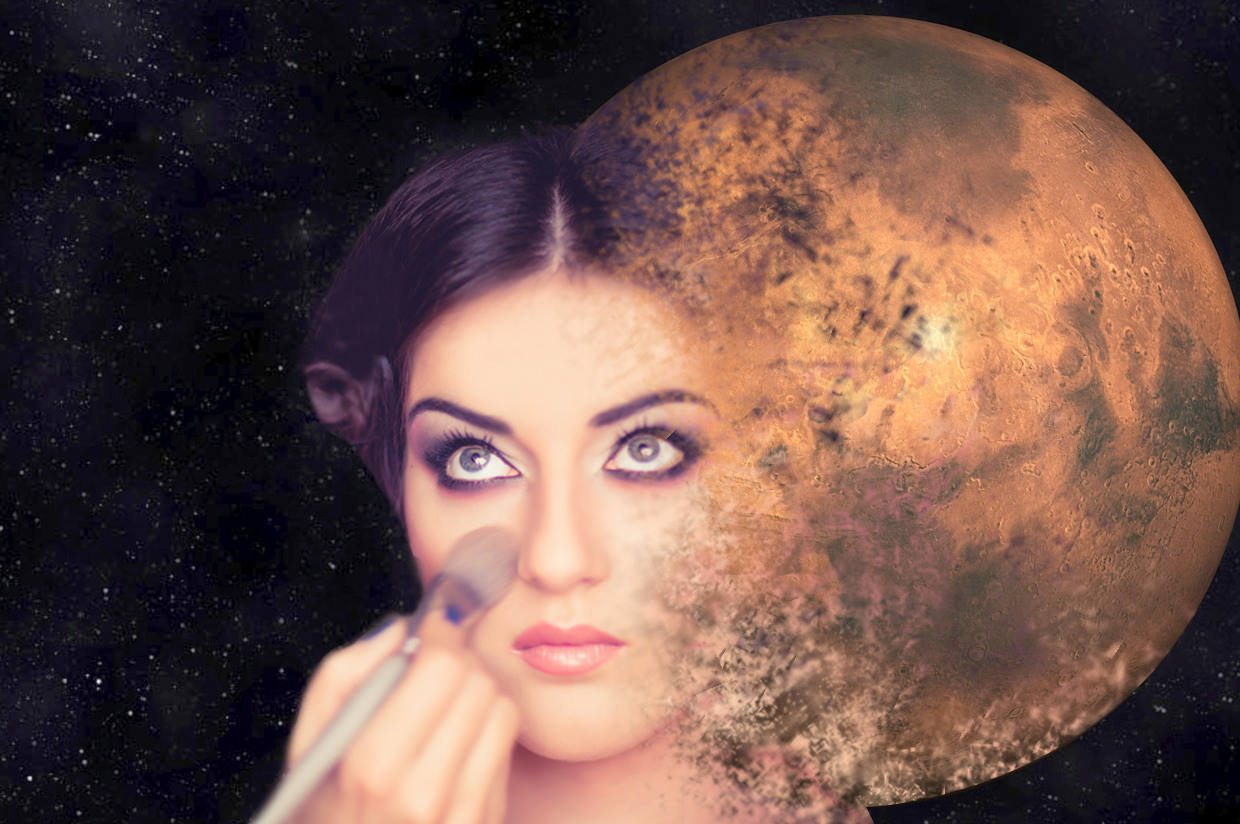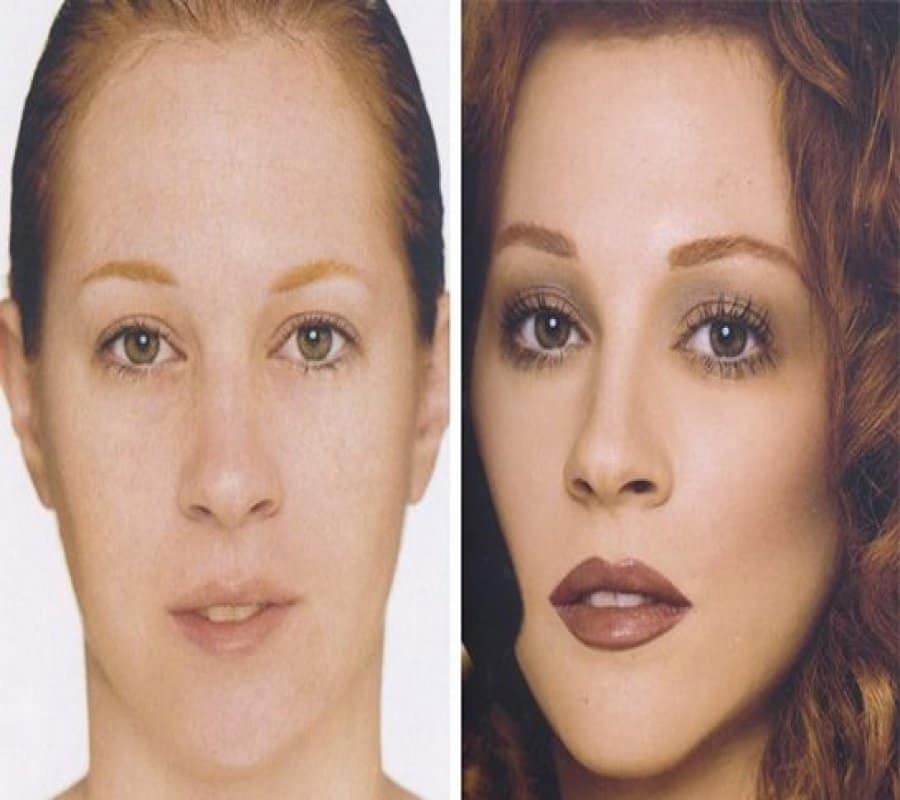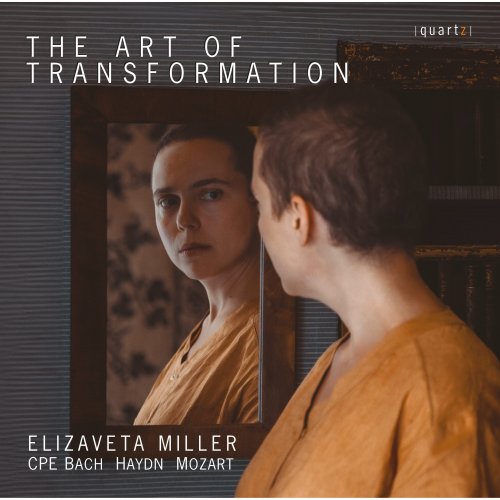Unveiling The Art Of Transformation: A Comprehensive Guide To Makeup Artist School
Unveiling the Art of Transformation: A Comprehensive Guide to Makeup Artist School
Related Articles: Unveiling the Art of Transformation: A Comprehensive Guide to Makeup Artist School
Introduction
With great pleasure, we will explore the intriguing topic related to Unveiling the Art of Transformation: A Comprehensive Guide to Makeup Artist School. Let’s weave interesting information and offer fresh perspectives to the readers.
Table of Content
Unveiling the Art of Transformation: A Comprehensive Guide to Makeup Artist School

The allure of makeup artistry lies in its transformative power. It’s not just about applying products; it’s about enhancing features, expressing creativity, and crafting a visual narrative. For those seeking to master this artistry, enrolling in a reputable makeup artist school offers a structured and comprehensive path to success.
Understanding the Importance of Makeup Artist School
While self-taught artistry exists, a formal education provides a foundation that surpasses mere technique. A well-structured curriculum equips students with:
- Technical Proficiency: Learning the intricacies of various makeup applications, from basic everyday looks to advanced special effects, requires expert guidance. Schools provide a safe space to practice and refine skills under the watchful eye of experienced instructors.
- Product Knowledge: The world of makeup is vast and ever-evolving. Makeup artist schools introduce students to an array of brands, products, and their diverse uses, empowering them to make informed choices for specific skin types and desired effects.
- Industry Insights: Beyond technical skills, successful makeup artists need to understand the industry’s nuances. Schools offer insights into business practices, portfolio building, client communication, and navigating the competitive landscape.
- Networking Opportunities: Connecting with peers and industry professionals is invaluable for career advancement. Makeup artist schools often foster a supportive community where students can learn from one another, collaborate on projects, and build lasting connections.
- Professional Recognition: Graduating from a reputable makeup artist school adds credibility to your resume and portfolio, demonstrating a commitment to professional development and a thorough understanding of the field.
Navigating the Landscape: Choosing the Right Makeup Artist School
Selecting the ideal makeup artist school involves careful consideration:
- Curriculum and Focus: Schools specialize in different areas, such as bridal makeup, fashion makeup, special effects, or theatrical makeup. Identify the specific area you wish to pursue and choose a school that aligns with your goals.
- Faculty and Instructors: Look for experienced and qualified instructors with proven industry experience. Their expertise will significantly influence your learning journey.
- Accreditation and Reputation: Choose a school with a strong reputation and, ideally, accreditation from a recognized organization, ensuring quality education and industry recognition.
- Facilities and Resources: Evaluate the school’s facilities, including makeup stations, lighting, and access to professional-grade products. Adequate resources are essential for practical training.
- Student Support: Inquire about student support services like career guidance, portfolio reviews, and networking opportunities. A strong support system can enhance your learning experience.
Unveiling the Curriculum: What to Expect in Makeup Artist School
The curriculum in a makeup artist school typically encompasses a range of theoretical and practical components:
- Foundation Skills: Mastering the fundamentals of makeup application, including skin preparation, color theory, blending techniques, and contouring, is essential for any makeup artist.
- Specialized Techniques: Schools offer specialized training in areas like bridal makeup, airbrushing, special effects makeup, theatrical makeup, or beauty photography.
- Product Knowledge and Application: Students learn about diverse makeup products, their properties, and appropriate application techniques for different skin types and desired effects.
- Business and Marketing: Understanding the business side of makeup artistry, including client communication, pricing strategies, portfolio building, and marketing techniques, is crucial for career success.
- Safety and Hygiene: Maintaining a clean and hygienic work environment is paramount in the makeup industry. Schools emphasize proper sanitation procedures, product handling, and safety protocols.
Beyond the Classroom: Enhancing Your Makeup Artistry Journey
While formal education provides a strong foundation, continuous learning and self-development are essential for growth in the ever-evolving world of makeup artistry. Consider these strategies:
- Portfolio Building: Creating a strong portfolio showcasing your skills is crucial for attracting clients and landing opportunities. Practice different makeup looks, collaborate with photographers, and showcase your versatility.
- Networking and Industry Events: Attend industry events, workshops, and conferences to stay updated on trends, connect with professionals, and learn from industry experts.
- Continuing Education: Invest in workshops, masterclasses, or online courses to expand your skills and knowledge in specific areas of makeup artistry.
- Social Media Presence: Building a strong online presence through social media platforms can help you reach potential clients and showcase your creativity.
- Practice, Practice, Practice: The key to mastery in any art form is consistent practice. Experiment with different techniques, refine your skills, and seek feedback from mentors or peers.
Frequently Asked Questions about Makeup Artist School
1. What is the typical duration of a makeup artist program?
Makeup artist programs vary in length, ranging from a few weeks for short-term certificate programs to several months or years for comprehensive diploma programs. The duration depends on the program’s focus and depth of study.
2. Are there any specific educational prerequisites for makeup artist school?
Most makeup artist schools do not require specific educational prerequisites beyond a high school diploma or equivalent. However, some programs may have additional requirements based on their specialization or level of study.
3. What is the cost of attending makeup artist school?
The cost of makeup artist school varies depending on the program’s length, location, and institution. Tuition fees can range from a few hundred dollars to several thousand dollars. It’s essential to research and compare costs from different schools before making a decision.
4. What are the career opportunities after graduating from makeup artist school?
Graduates from makeup artist schools can pursue a range of career paths, including:
- Freelance Makeup Artist: Working independently, providing makeup services for weddings, special events, photoshoots, and more.
- Salon or Spa Makeup Artist: Working in a salon or spa setting, offering makeup services to clients.
- Film and Television Makeup Artist: Working on film, television, or theater productions, creating makeup looks for actors and characters.
- Fashion Makeup Artist: Working in the fashion industry, creating makeup looks for models and fashion shows.
- Beauty Blogger or Influencer: Sharing makeup tips, tutorials, and product reviews online.
5. What are some tips for success as a makeup artist?
- Build a Strong Portfolio: Showcase your skills and versatility through a diverse and high-quality portfolio.
- Network with Industry Professionals: Attend industry events, connect with other artists, and build relationships.
- Stay Updated on Trends: Keep abreast of the latest makeup trends, techniques, and products.
- Develop Excellent Communication Skills: Communicate effectively with clients to understand their needs and preferences.
- Market Yourself: Promote your services through social media, online platforms, and word-of-mouth.
Conclusion
A makeup artist school offers a structured and comprehensive path to mastering the art of transformation. By acquiring technical proficiency, product knowledge, industry insights, and networking opportunities, graduates are equipped to thrive in the dynamic world of makeup artistry. Through continuous learning, dedication, and a passion for creativity, aspiring makeup artists can embark on a fulfilling career, transforming lives one brushstroke at a time.








Closure
Thus, we hope this article has provided valuable insights into Unveiling the Art of Transformation: A Comprehensive Guide to Makeup Artist School. We hope you find this article informative and beneficial. See you in our next article!
You may also like
Recent Posts
- Mastering The Art Of Eye Makeup: A Comprehensive Guide To The Color Wheel
- The Art Of Enhancement: A Comprehensive Guide To Makeup
- The Ultimate Guide To Makeup Bags For Travel: Organization, Style, And Essential Considerations
- A Guide To Makeup At Walmart For Kids: Exploring Options And Considerations
- A Comprehensive Guide To Makeup Brands Beginning With C: From Classic To Cutting-Edge
- The Ultimate Guide To Finding The Perfect Makeup Chair: A Comprehensive Look At Kmart’s Offerings
- Navigating The World Of Makeup For Sensitive Skin: A Guide To Finding The Perfect Fit
- The Ever-Evolving Canvas: Exploring Makeup Designs Through The Decades
Leave a Reply